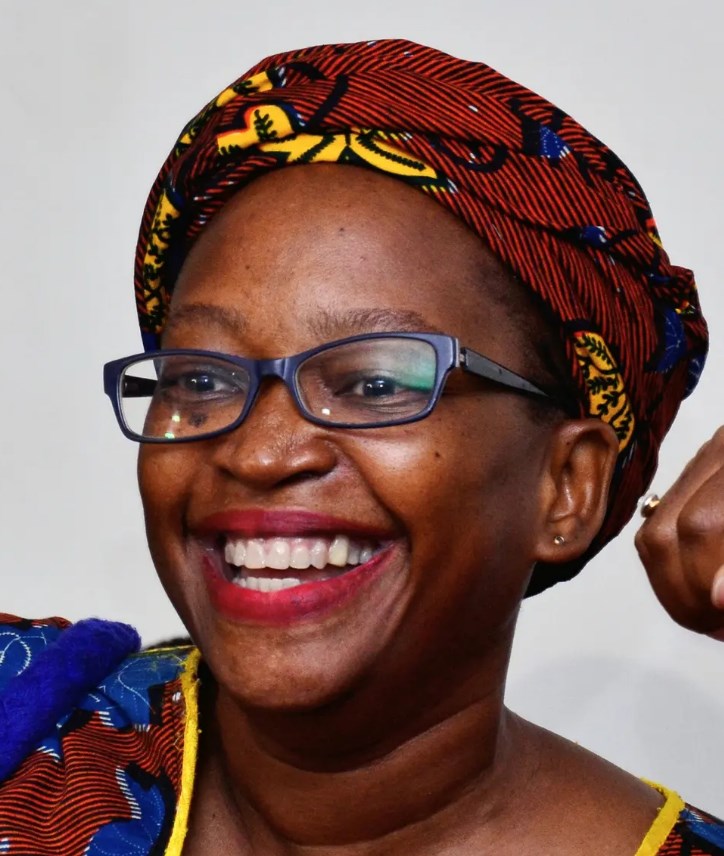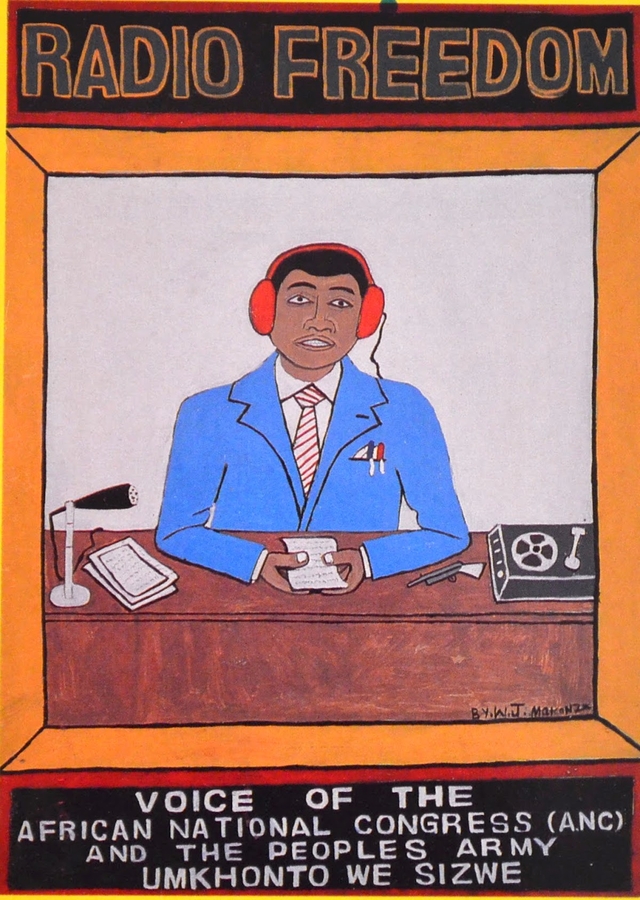Stella Nyanzi
Dr Stella Nyanzi was born in Masaka District, Buganda Kingdom in Uganda on 16 June 1974. Also known as Nnalongo (which means mother of twins), she is a medical anthropologist who has written about sexuality, HIV/AIDS and women’s health. She is also a political activist who campaigns for women and girls rights, as well as the rights of LGBTQIA+ (lesbian, gay, bisexual, transgender, intersex, asexual and queer) people.

Waterloo Bay, East London
Al-Azhar Mosque, Cape Town
Mitchell's Plain, Cape Flats
It was laid-out as an Area for Coloureds and erected to house the middle income group, about 30 years ago! Parts of it quickly deteriorated into little more than ‘urban ghetto's’ - a description so often applied to these ready-made slums erected by former Apartheid rulers to separate Whites from other race Citizens.
Mitchells Plain lies about 20 kilometres from the City of Cape Town at the end of a brand new railway line, just West of Langa. Mitchell's Plain is one of fifteen areas identified as high priority for action against crime and drug abuse - renowned for its gangster-ism and tik addiction among its youth. Many families relocated here from District Six when it was razed to the ground, and although violent gangs are a way of life, Mitchells Plain in no way resembles the Informal Settlements that line the N2.
Today Mitchell’s Plain Houses almost a Million Residents from a diversity of class and backgrounds. It is Economically divided into East and West - the Western half of Westridge, Rocklands and Portland's is wealthier than the Eastern half of Tafelsig, Beacon Valley and Eastridge.
https://www.timeslive.co.za/news/south-africa/2020-04-15-we-are-hungry-lockdown-food-parcel-protests-hit-mitchells-plain-and-alex/https://www.westerncape.gov.za/facility/mitchells-plain-hospital
https://www.news24.com/SouthAfrica/News/lockdown-we-want-food-kids-chant-as-mitchells-plain-residents-protest-20200414https://www.sa-venues.com/things-to-do/westerncape/go-shopping-at-the-liberty-promenade/
https://www.sa-venues.com/visit/hotelverde/
https://www.sa-venues.com/things-to-do/westerncape/mnandi-beach/
Retreat, Cape Town
Radio Freedom: A History of South African Underground Radio by Chris A. Smith

At seven p.m. sharp, seven nights a week, during the darkest days of apartheid, an incendiary radio broadcast beamed out from Lusaka, Zambia. It began with the clack of machine-gun fire, followed by a familiar call-and-response:
Amandla Ngawethu!
“Power to the People!”
The shooting faded in and out, waxing and waning with the chant.